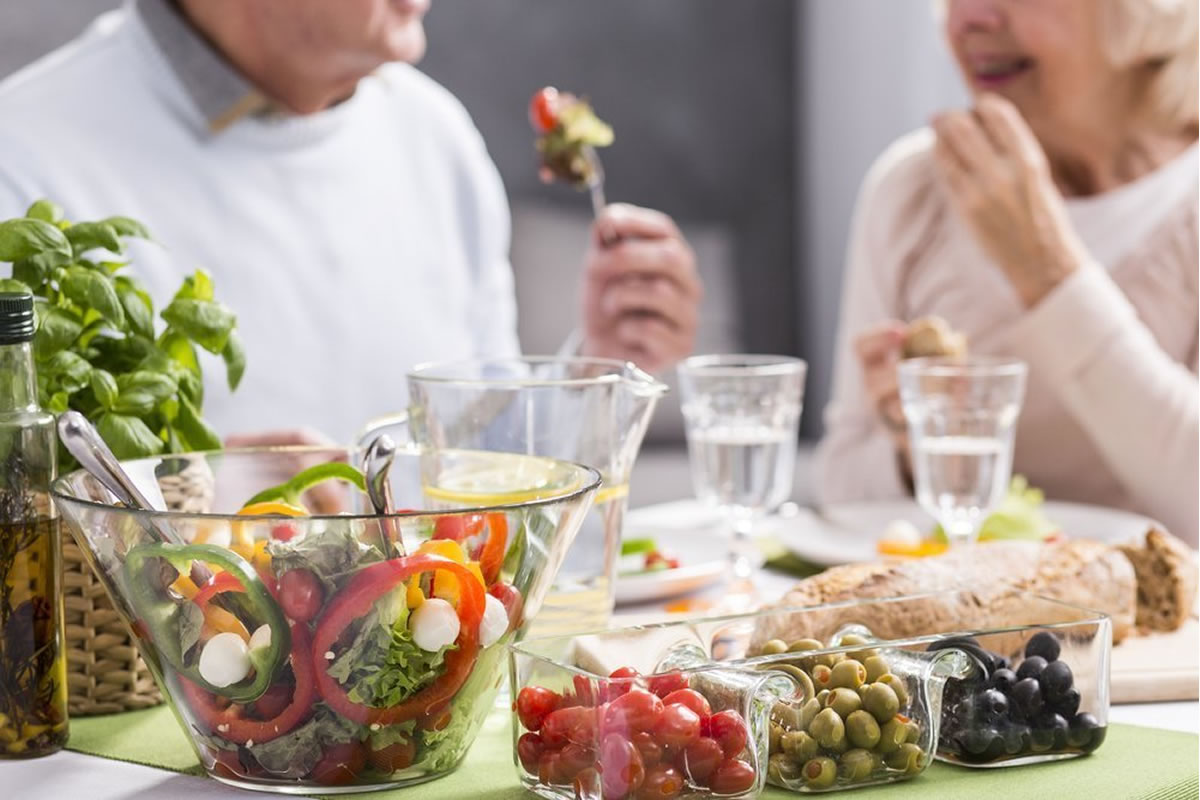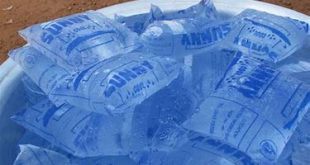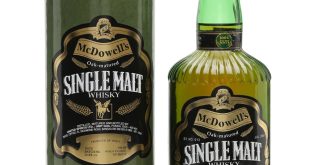As you get older, it’s important you continue to eat well. Changes in your body result in lower energy (calorie) requirements. It is therefore important to reduce portion sizes if activity is low, and to cut down on sugary snacks such as cakes and buns.
The Eatwell Guide is used to show the different types of foods commonly eaten and the proportions that are recommended to achieve a healthy, balanced diet. No single food provides all the nutrients we need, so it is important to include a wide variety of foods in the diet.
The Eatwell Guide is split into four main food groups:
- Fruit and vegetables
- Potatoes, bread, rice, pasta and other starchy foods
- Dairy and alternatives
- Beans, pulses, fish, eggs and other proteins
Fruit and vegetables
Eating five or more portions of fruit and vegetables a day can help prevent heart disease and some types of cancer. Fruits and vegetables are full of vitamins, minerals and fibre, and are low in fat.
There are many varieties to choose from including fresh, frozen, dried and tinned. You should choose fruit tinned in juice rather than syrup, and vegetables in water rather than brine.
A portion is about 80g, for example:
- one medium-sized piece of fruit (apple, orange, banana, pear)
- two small fruits (kiwi, satsumas, plums)
- one large slice of pineapple or melon
- one tablespoon of dried fruit (raisins or three apricots)
- one cereal bowl of salad
- three heaped tablespoons of fresh or frozen vegetables (frozen peas, mashed carrot, parsnips or turnip)
- one small glass (150ml) of fresh fruit juice or a smoothie
Dried fruit, fruit juices and smoothies can each be counted as only one portion a day, however much you have.
It’s recommended that dried fruit and juices are limited to meal times as the high sugar content means they can be damaging to teeth if taken between meals.
Potatoes, bread, rice, pasta and other starchy carbohydrates
You should eat plenty of foods rich in starch and fibre. Starchy foods such as bread, rice, potatoes and pasta are a good source of energy, fibre and B vitamins and should be used as the basis for meals.
Choose higher-fibre, wholegrain varieties such as whole wheat pasta, brown rice, or simply leaving the skins on potatoes. As well as being low in fat and high in fibre, they are good sources of other essential nutrients – protein, vitamins and minerals.
Breakfast cereals are a great way to start the day – they are a good source of energy, vitamins, minerals and fibre. Opt for wholegrain breakfast cereals and whole oats.
The fibre from these helps to prevent constipation which reduces the risk of some common disorders in the intestine. Remember to increase fibre slowly as bowel discomfort, flatulence and distension may occur if consumed in large quantities, or if the amount of fibre eaten is increased very rapidly. Don’t buy raw bran and sprinkle it on your food to increase fibre as this may prevent you from absorbing some important minerals.
Fluid plays a vital role in allowing fibre to pass through our body – we should aim for six to eight glasses of fluid every day. Water, lower fat milk and sugar-free drinks including tea and coffee all count.
Dairy and alternatives
Milk and dairy foods such as yoghurt and cheese are important sources of calcium, vitamins A, D and B12, protein and fat. Calcium is needed to help build strong bones and for nerve and muscle function. Vitamin D is needed to help absorb calcium and therefore plays an important part in strengthening bone.
Try to choose lower-fat varieties such as semi-skimmed or skimmed milk, cottage cheese, Edam cheese and half fat cheddars.
Milk in sauces and milk puddings are a great way to help you get enough calcium. Semi-skimmed and skimmed milk contain as much calcium as whole milk.
When buying dairy alternatives, such as almond or soy, go for unsweetened, calcium-fortified varieties.
Beans, pulses, fish, eggs and other proteins
Beans, peas and lentils are good alternatives to meat because they’re naturally very low in fat, and they’re high in fibre, protein, vitamins and minerals. Other vegetable-based sources of protein and meat substitutes are widely available in most major supermarkets.
Eggs are a convenient alternative to meat and are extremely versatile. They can be scrambled, boiled, poached or made into an omelette.
Adults are recommended to eat two portions of fish a week, one of which should be oily. Tinned fish, such as salmon, mackerel and pilchards contain lots of omega 3 fatty acids and are good for heart health.
Meat is a good source of protein, vitamin B12 and iron. A diet rich in iron will help prevent iron deficiency anaemia.
Processed meats and chicken products should be limited as they are high in fat and salt and lower in iron. If using processed meat products such as chicken nuggets or burgers, grill or bake on a rack rather than frying.
Minerals and vitamins
You should try to make sure you are getting the right amount of certain vitamins. The following minerals and vitamins are important in the later years of life.
Calcium
Osteoporosis is a major health issue for older people, particularly women. This is where bone density reduces and so the risk of fractures increases. Good sources of calcium are dairy products such as milk, cheese and yoghurt.
Remember to choose lower-fat varieties when you can. Calcium is also found in canned fish with bones, such as sardines. Other sources of calcium include green leafy vegetables (such as broccoli, cabbage and spinach), soya beans and tofu.
Iron
You should eat plenty of iron-rich foods to help keep up your body’s store of iron. The best source of iron is red meat. It can also be found in pulses (such as peas, beans and lentils), oily fish such as sardines, eggs, bread, green vegetables and breakfast cereals with added vitamins.
Vitamin C
Foods and drinks rich in vitamin C will help the body absorb iron, so you could have some fruit or vegetables or a glass of fruit juice with an iron-rich meal. Fruit, especially citrus fruit, green vegetables, peppers, tomatoes and potatoes are all good sources of vitamin C.
Vitamin A
Having too much vitamin A (more than 1.5mg of vitamin A every day, from food or supplements) might increase the risk of bone fracture.
Liver is a rich source of vitamin A, so you should avoid eating liver or liver products such as pâté more than once a week, or you could eat smaller portions.
Vitamin D
Vitamin D is an essential vitamin for everyone, to help develop and maintain healthy bones, teeth and muscles. We get vitamin D from three main sources:
Sunlight
Our bodies can make most of the vitamin D we need from sunlight on our skin during the ‘summer’ months (April to the end of September). However, in the ‘winter’ months (October to the end of March) sunlight is not strong enough to make Vitamin D. If you are out in the sun, take care to cover up or use sunscreen before you turn red or get burnt.
Food
Small amounts of vitamin D are found naturally in fresh and tinned oily fish (such as salmon, mackerel, trout, kippers and sardines), eggs and meat. Some foods have vitamin D added to them, including margarine, some breakfast cereals, soya and dairy products, powdered milk and low-fat spreads (amounts in these products vary and are often quite small).
Vitamin D supplements
Many of us need more vitamin D than we can expect to get from food and sunlight, especially during the autumn and winter months. Therefore, we should consider taking a daily supplement containing 10 micrograms of vitamin D.
During the summer months most people will usually get enough vitamin D from sunlight, so you may choose not to take a supplement over the summer months (late March/April to the end of September).
If a person is confined indoors for long periods then they will need a daily supplement of ten micrograms of vitamin D because their skin is not exposed to sunlight to make vitamin D. For older adults, vitamin D with added calcium may be recommended by healthcare staff to protect bone health and guard against osteoporosis.
Potassium
As you get older, your kidneys become less able to remove potassium from your blood. You should avoid taking potassium supplements unless on medical advice.
Folic acid
Foods containing folic acid help maintain good health in older age. Good sources are green vegetables and brown rice, as well as bread and breakfast cereals that have vitamins added.
What to drink
It’s very important to make sure you’re drinking enough. Your body needs plenty of fluid to work properly and to help stop you getting constipation.
Aim to drink about six to eight glasses of water, or other fluids, every day to stop you getting dehydrated. When the weather is warm or when you get active, your body is likely to need more than this.
Tea and coffee
Drinks that contain a lot of caffeine, such as strong tea and coffee, might act as mild diuretics, which means they make the body produce more urine.
It’s fine to drink these sorts of drinks, but if most of your drinks are strong tea or coffee or other drinks that contain a lot of caffeine, you should make sure you drink some water or other fluids each day that don’t contain caffeine
How to tell if you’re drinking enough
As you get older, your sense of thirst reduces which means we might not always feel thirsty when your body is already dehydrated.
Keep a look out for the following symptoms of dehydration:
- urine has a dark colour and you don’t pass much when you go to the toilet
- headaches
- confusion and irritability
- lack of concentration
As you get older, these signs of dehydration could also be signs of other issues so check with your GP if you’re concerned about any symptoms.
Healthy weight
Try to keep your weight at a healthy level. As you grow older, if you’re overweight this will affect your mobility, which can affect your health and your quality of life. Being overweight increases your risk of diseases such as heart disease and diabetes.
Equally, sudden weight loss is not healthy and may be an indication either that you are not eating enough food or that you are not well.
If you are concerned about your weight you should speak to your GP.
Eating less
As you get older it’s natural to start eating less because you will become less physically active and so your body will adapt and adjust your overall food intake.
You may find it difficult to tolerate the meals you used to eat. Try having smaller meals more often and with nutritious snacks in between.
It’s important to eat regularly, at least three times a day. You might not always feel like cooking so you could increase your intake of tinned, chilled and frozen ready-prepared meals. Always make sure you heat chilled and frozen food until it’s steaming hot all the way through.
You might eat less because you’re finding it more difficult to buy or prepare food or you’re finding it harder to get around if you have conditions such as arthritis. You may be able to get help with these sorts of problems through your GP.
Cutting down on salt
On average, you should aim to keep your salt intake to less than 6g per day (about 2.4g of sodium). If you’re buying processed foods, remember to check the information given on the labels to choose those with less salt. Try replacing salt with pepper, herbs and spices to add flavour to your favourite dishes.
Cutting down on sugar
Adults should eat no more than 30g of sugar per day, roughly equal to seven sugar cubes.
Alcohol
Although many people enjoy alcohol socially, it is important to remember that alcohol in large quantities can be a significant source of calories, which may result in weight gain. Alcohol can also impair judgement, which can increase the risk of falls.
As we get older, we tend to have less body weight that younger adults, so the alcohol is more concentrated in the blood. We also tend to need more prescription medication or over the counter medication.
It is important to check whether the medication you are taking will be affected by alcohol intake.
 Gistfox Your News Window To The World.
Gistfox Your News Window To The World.





